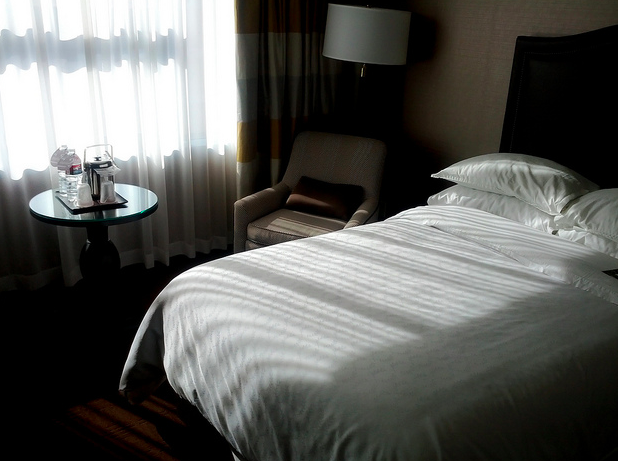How Not To Have The Worst Hotel Stay Ever – Look For Fake Online Reviews
Banking your $2,000 vacation fund on hotel reviews of strangers is enought to give just about anyone heart palpitations, but an increasing number of consumers are doing just that, MainStreet reports.
Online review sites are one of the best consumer guideposts for hotels. These are real people just like you, not the paid travel writers of yester-year. What’s there to worrry about? Fake reviews, that’s what.
Basing your hotel decision on glowing reviews seems like a good bet, but experts warn consumers to be wary of overly-complimentary or negative reviews; the ones that occur when an overzealous employee offers to pay for reviews or when a hotel owner tries to scam the system.
It’s common for fake reviews to crop-up online, even with expensive analytics employed to detect them. The good news is that spotting reviews that distort the facts can be pretty simple.
Researchers have found common threads that help to identify fake reviews. Fraudulent reviews are most likely to be posted by hotels that are independent, owned by small owners, are managed by a small management company and have a competitive neighboring hotel.
When scouring through reviews, look for hotels that have a substantial amount of comments.
Additionally, look for themes in those posts. If many commenters mention the same issue, say a loud street, then it’s likely the hotel borders a loud street.
And if you’re still skeptical, ask friends on Facebook, Twitter and LinkedIn for personal recommendations.
Can You Trust The Hotel Review Sites? [Philly.com]
Want more consumer news? Visit our parent organization, Consumer Reports, for the latest on scams, recalls, and other consumer issues.


